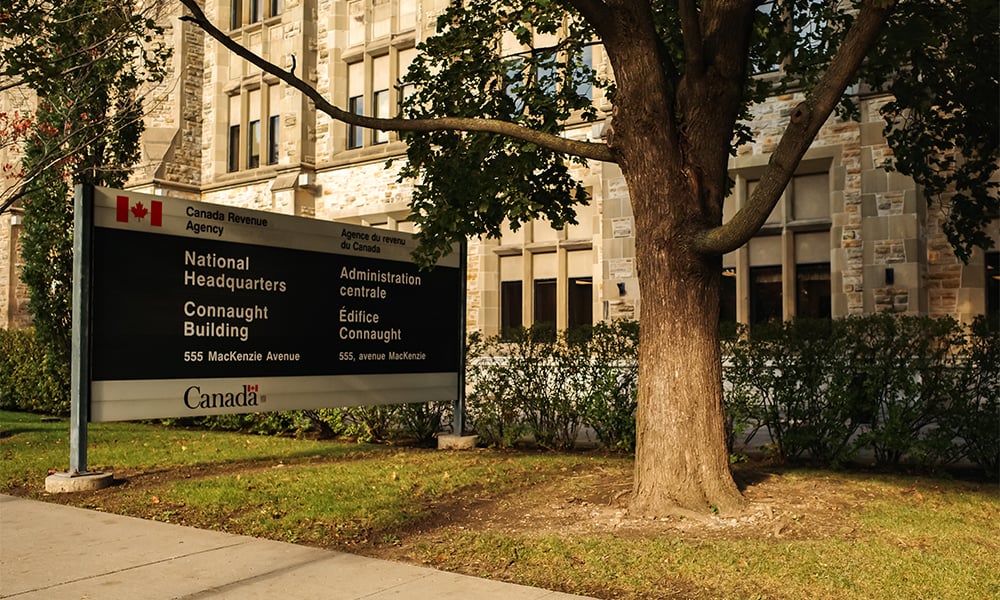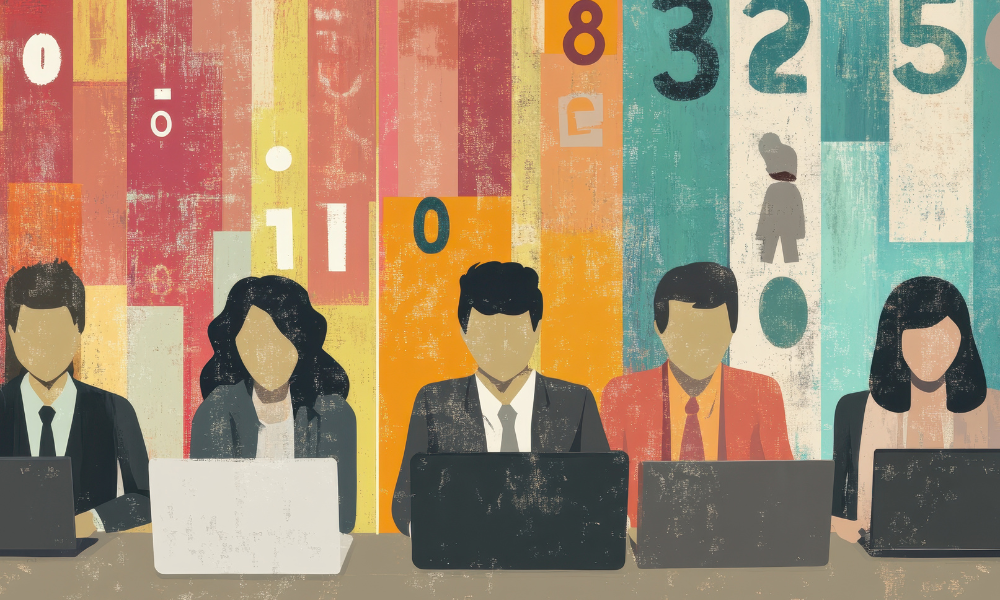'These new recovery benefits will provide stability and certainty while helping to fill gaps in the way Canadian workers qualify for income support'

Canadians can now apply for the Canada Recovery Benefit (CRB).
The new benefit provides $500 per week for up to 26 weeks to workers who have stopped working or had their employment/self-employment income reduced by at least 50 per cent due to COVID-19 and who are not eligible for employment insurance (EI).
It replaces the previously offered Canada Emergency Response Benefit (CERB) along with the Canada Recovery Caregiving Benefit (CRCB) and the Canada Recovery Sickness Benefit (CRSB).
"We know some Canadians are still struggling because of COVID-19. That is why today we launched the Canada Recovery Benefit, which will ensure Canadians who remain unemployed or have a reduced income due to the pandemic, qualify for financial support,” says Diane Lebouthillier, minister of national revenue.
Previously, an economist warned that more than two million Canadians would be worse off transitioning from the Canada Emergency Response Benefit (CERB) to the employment insurance (EI) program.
New process
Eligible people can apply for the benefits online through the Canada Revenue Agency’s My Account portal or by phone through our automated toll-free phone line at (800) 959-2019 or (800) 959-2041. The CRA experienced “technical issues” on the first day applications opened for the new recovery benefits, which have since been fixed.
The application process for the CRB includes new elements, such as:
- a shorter eligibility periods of two weeks
- retroactive periods, meaning that people will be required to apply after the two-week period has ended
- a 10 per cent tax withholding at source, meaning that people will receive payments of $900 for each two-week eligibility period
- a three- to five-day window to receive payments for applications made by direct deposit, and a 10- to 12-day window for cheque by mail.
The federal government first proposed the programs in August before upgrading the CRB in September.
"While many Canadians have been able to go back to work safely, we know that not all regions have been able to re-open at the same rate and that this continues to have a real impact on workers and their families,” says Carla Qualtrough, minister of employment, workforce development and disability inclusion. “These new recovery benefits will provide stability and certainty while also helping to fill gaps in the way Canadian workers qualify for income support."




